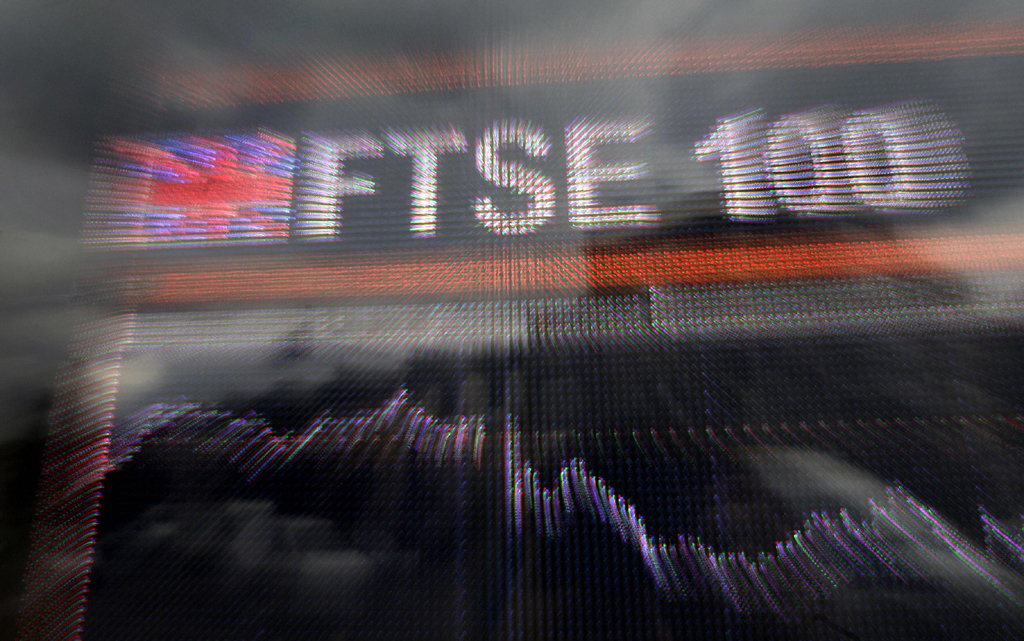 London's FTSE 100 rose on Tuesday, boosted by falls in the pound and gains for drugmaker AstraZeneca after a successful late-stage study, while shares in miner BHP were hit by a warning about future demand.
London's FTSE 100 rose on Tuesday, boosted by falls in the pound and gains for drugmaker AstraZeneca after a successful late-stage study, while shares in miner BHP were hit by a warning about future demand.
The main index added 0.4%, tracking gains in other major stock markets overnight as hopes grew of fresh stimulus from central banks and governments to beat back the risk of recession. The FTSE 250 gained 0.2% by 0733 GMT.
AstraZeneca rose 1.7% and was the biggest boost to the blue-chip index after its Farxiga diabetes drug met the main goals of the late-stage study into its use on heart-failure sufferers.
Constituents of the FTSE which book a major chunk of their earnings in dollars, including Unilever and Diageo , gained as worries about the future course of Brexit kept sterling under pressure, although the currency's fall was not as steep as in recent times.
"There could be a lot more negativity for the pound as September unfolds," Markets.com analyst Neil Wilson warned, as Prime Minister Boris Johnson sought to convince the European Union to tweak a Brexit deal agreed with his predecessor Theresa May or risk a no-deal divorce.
Johnson reiterated in a letter that the backstop arrangement for the Irish border at the heart of hardline opposition to the as yet unapproved withdrawal agreement with Brussels was "simply unviable".
Shares in mining heavyweight BHP shed 1.2% as a warning that global economic headwinds could hit demand for iron ore and copper took the shine off its largest annual profit in five years.
The main index was up for the third straight session, bouncing back after steep falls last week when signs from the bond market that in past have pointed to recession damaged global markets.
Though bond yields have somewhat steadied and signals from China and Germany have pointed to fresh stimulus, concerns around the U.S.-China trade dispute remain and have the FTSE 100 on course for its worst monthly performance in four years.
"The recent stabilisation in equity markets owes more to a rebound in bond yields than to any optimism over a stabilisation in the U.S.-China trade situation," CMC analyst Michael Hewson said.
News-driven moves were scant across the board in the UK, though small-cap information technology group Kin and Carta slumped 15% to its lowest since March 2018 after a profit warning.
























Comments
Comments are closed.